|
Feiran Jia I am a Ph.D. candidate in Informatics at Pennsylvania State University (PSU), working under the guidance of Prof. Anna Squicciarini and Prof. Qingyun Wu. My research spans Computational Game Theory, Social Network Analysis, and Machine Learning, Deep Learning, LLM Agents, and their ethical implications. Before coming to PSU, I completed my M.S. in Computer Science at Washington University in St. Louis, where I was advised by Prof. Yevgeniy Vorobeychik and Prof. Chien-Ju Ho. I received my B.S. in Computer Science with a minor in Finance from ShanghaiTech University. I also interned at Meta Ads CoreML. Email / CV / Google Scholar / Github |

|
ResearchIn Computational Economics, my research applies computational methods to address complex societal challenges, focusing on Game Theory, Social Networks, and their ethical implications. My work in Machine Learning emphasizes efficiency and reliability, particularly in areas like trustworthy AI and AutoML. During the summer of 2024, I worked on enhancing ranking models through uncertainty quantification. More recently, I have been exploring LLM Agents, focusing on their efficiency, behavior, and security. |
|
|
The Task Shield: Enforcing Task Alignment to Defend Against Indirect Prompt Injection in LLM Agents
Feiran Jia, Tong Wu, Xin Qin, Anna Squicciarini. arxiv This paper reframes LLM agent security through task alignment, shifting from 'Is this harmful?' to 'Does this serve the intended tasks?', creating a defense against indirect prompt injection attacks. |
|

|
Can Large Language Model Agents Simulate Human Trust Behavior?
Chengxing Xie*, Canyu Chen*, Feiran Jia, Ziyu Ye, Kai Shu, Adel Bibi, Ziniu Hu, Philip Torr, Bernard Ghanem, Guohao Li. NeurIPS 2024 project page / paper This paper Investigats human-like trust behaviors and alignment in language model agents through behavioral economics trust games. |
|
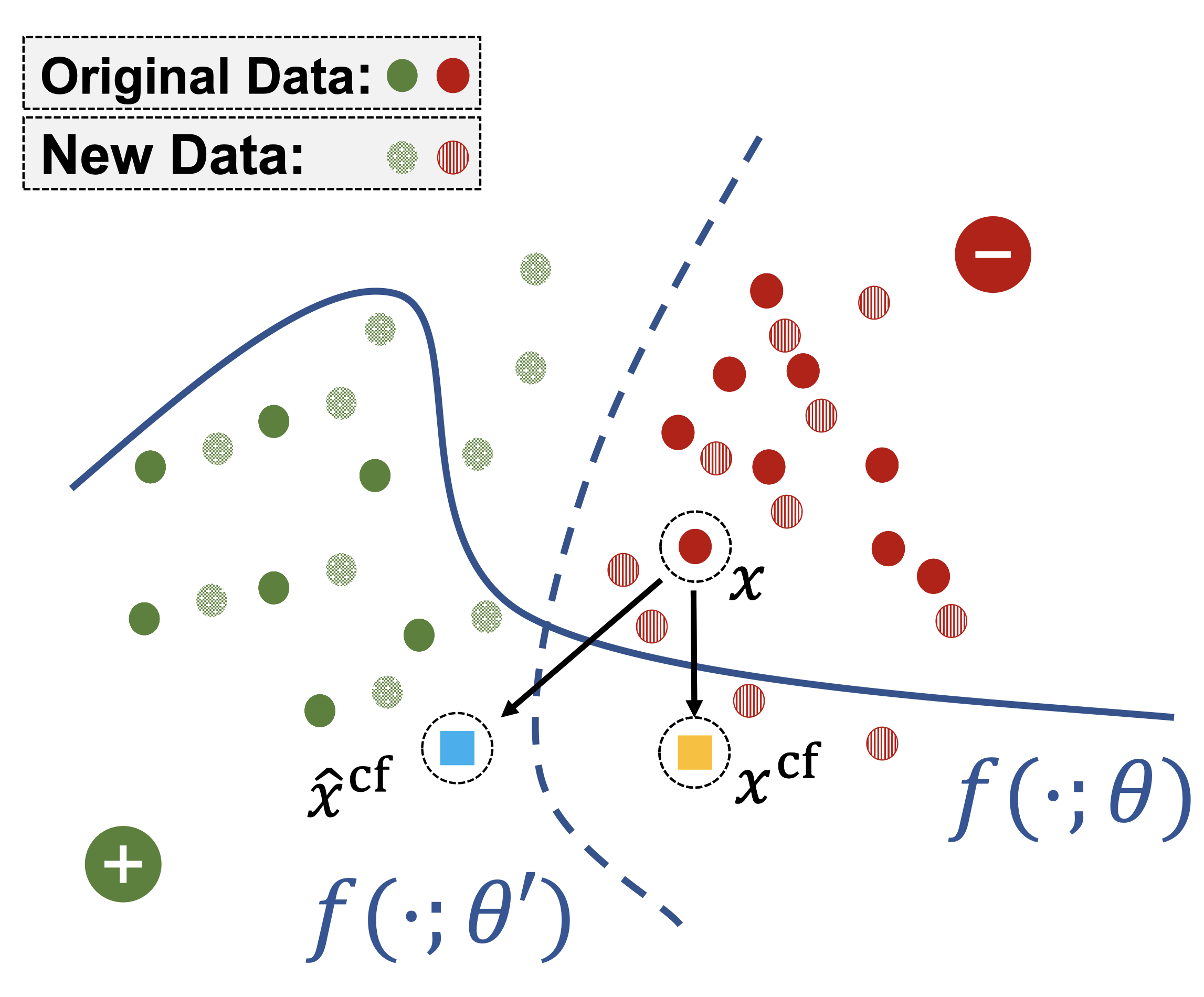
|
RoCourseNet: Distributionally Robust Training of a Prediction Aware Recourse Model
Hangzhi Guo, Feiran Jia, Jinghui Chen, Anna Squicciarini, Amulya Yadav. CIKM 2023 (Oral) project page / paper The paper proposes RoCourseNet, a system that enhances both prediction and explanation capabilities of machine learning models, ensuring their effectiveness despite data shifts. |
|
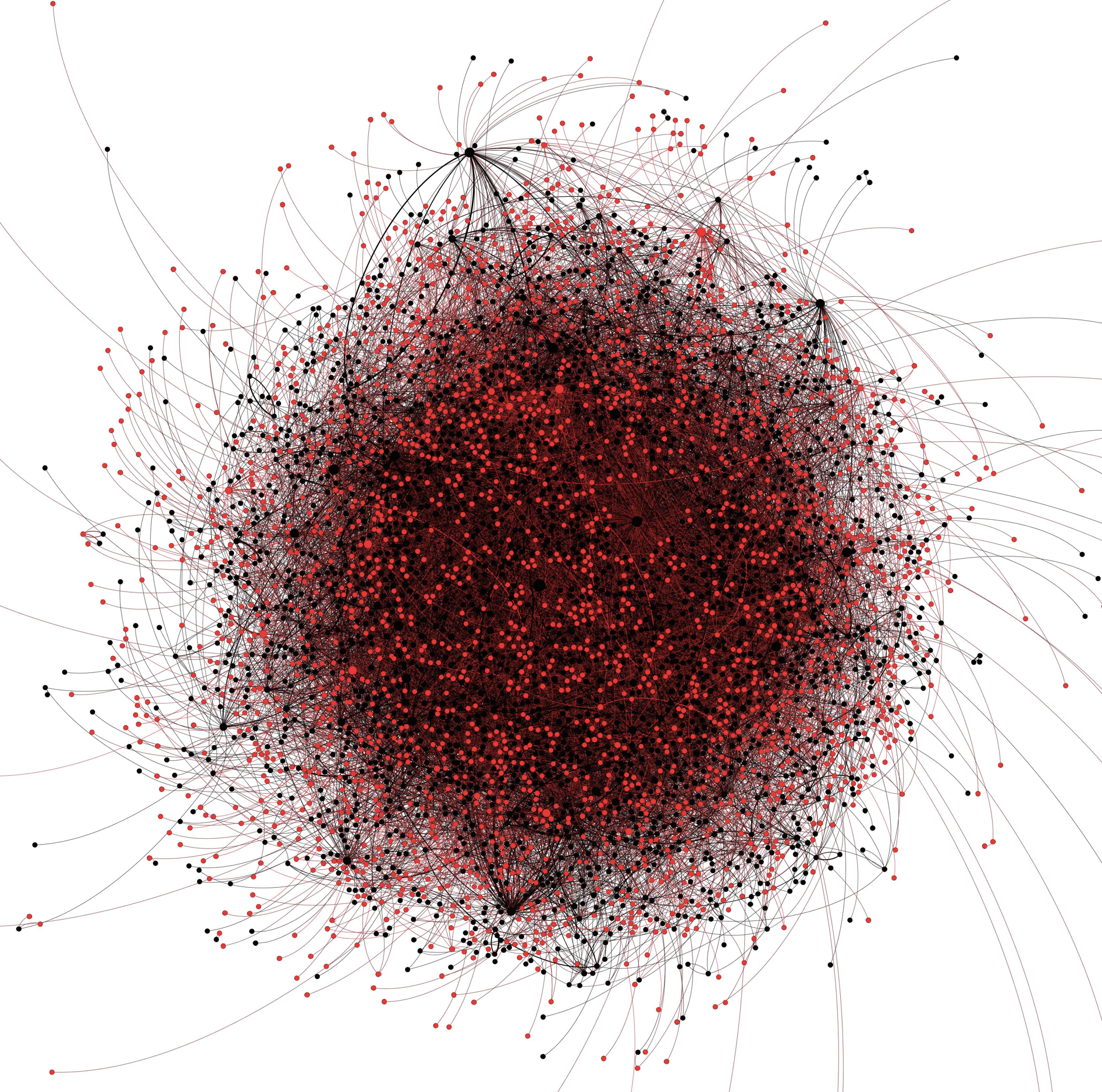
|
Content Sharing Design for Social Welfare in Networked Disclosure Game
Feiran Jia, Chenxi Qiu, Sarah Rajtmajer, Anna Squicciarini, UAI 2023 project page / paper The paper introduces a new framework for modeling user decisions in online personal information sharing and proposes welfare-optimizing algorithms. |
|
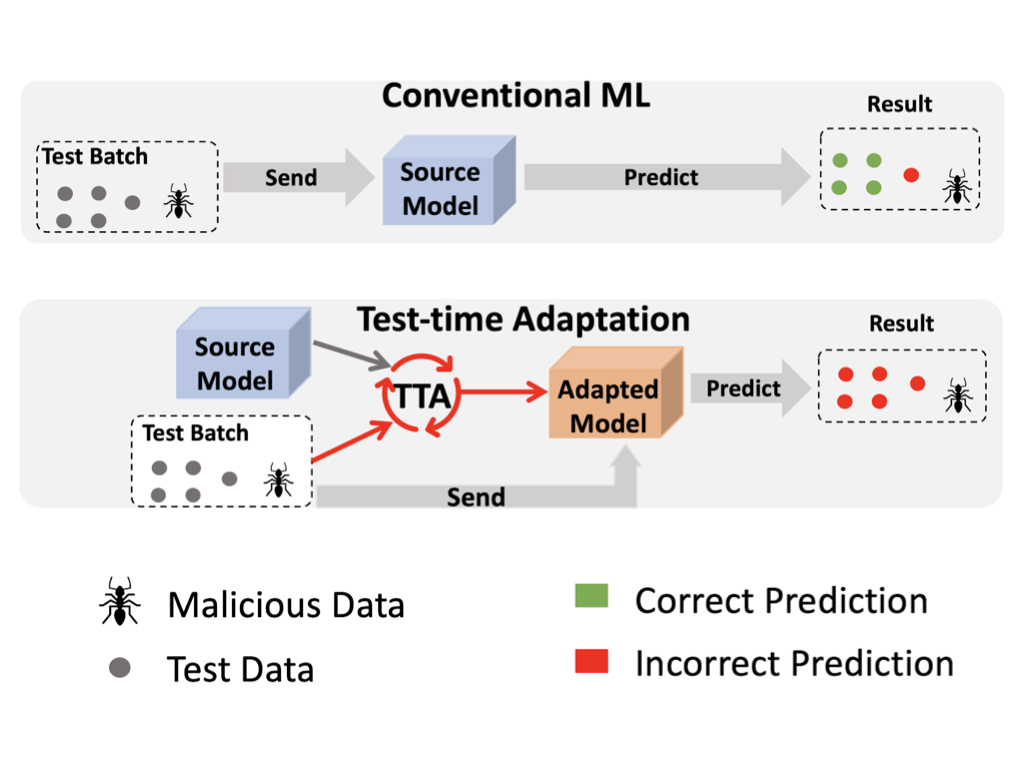
|
Uncovering Adversarial Risks of Test-Time Adaptation
Tong Wu, Feiran Jia, Xiangyu Qi, Jiachen T. Wang, Vikash Sehwag, Saeed Mahloujifar, Prateek Mittal. ICML 2023 project page / paper The project examines test-time adaptation (TTA) and discovers a security vulnerability where malicious data in the same batch can affect predictions on benign samples, resulting in the development of Distribution Invading Attack (DIA). |
|

|
An Empirical Study on Challenging Math Problem Solving with GPT-4
Yiran Wu, Feiran Jia, Shaokun Zhang, Qingyun Wu, Hangyu Li, Erkang Zhu, Yue Wang, Yin Tat Lee, Richard Peng, Chi Wang. project page / arxiv This research explores using GPT-4 to solve complex math problems, including a newly proposed conversational approach called MathChat. |
|
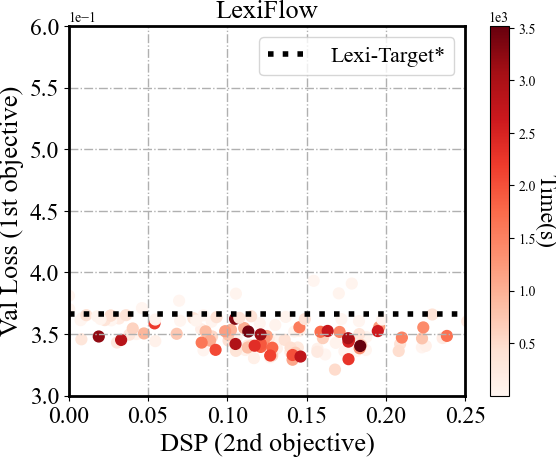
|
Targeted Hyperparameter Optimization with Lexicographic Preferences Over Multiple Objectives
Shaokun Zhang, Feiran Jia, Chi Wang, Qingyun Wu. project page / paper ICLR 2023 (Oral) The project introduces a novel targeted multi-objective hyperparameter optimization approach with lexicographic preference and presents LexiFlow, a randomized directed search method. |
|
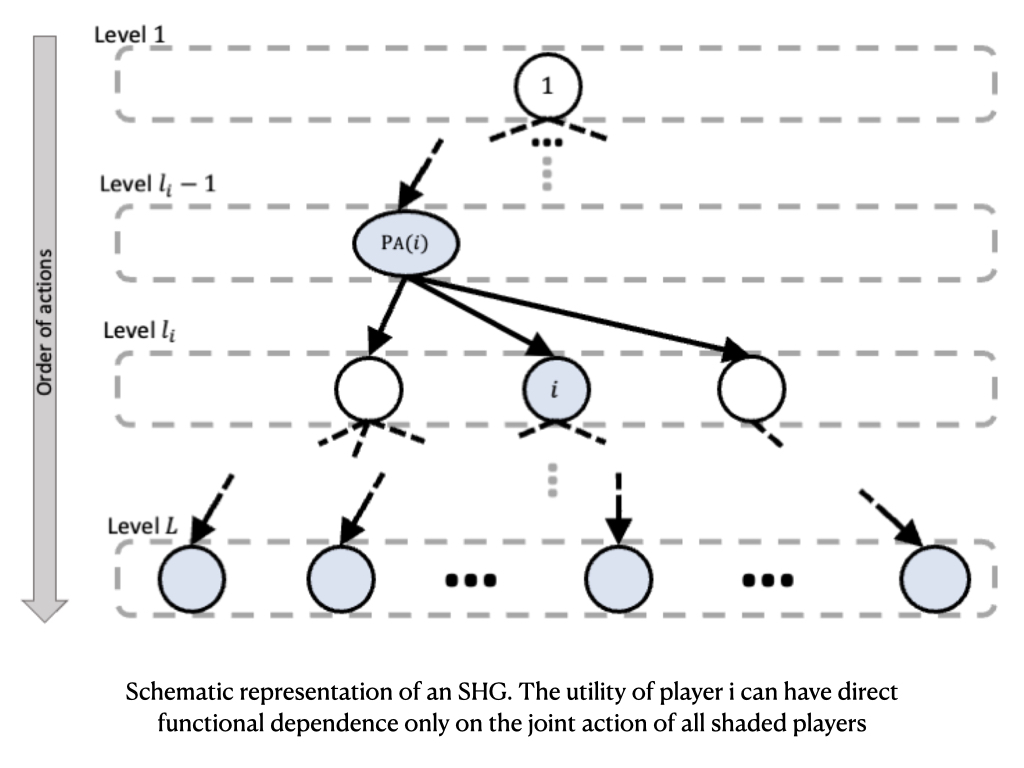
|
Solving Structured Hierarchical Games Using Differential Backward Induction
Zun Li, Feiran Jia, Aditya Mate, Shahin Jabbari, Mithun Chakraborty, Milind Tambe, Yevgeniy Vorobeychik. UAI 2022 (Oral) project page / paper This paper develops Structured Hierarchical Games for modeling hierarchical decision-making and introduces a gradient-based method, Differential Backward Induction, to approximate game equilibria effectively. |
|
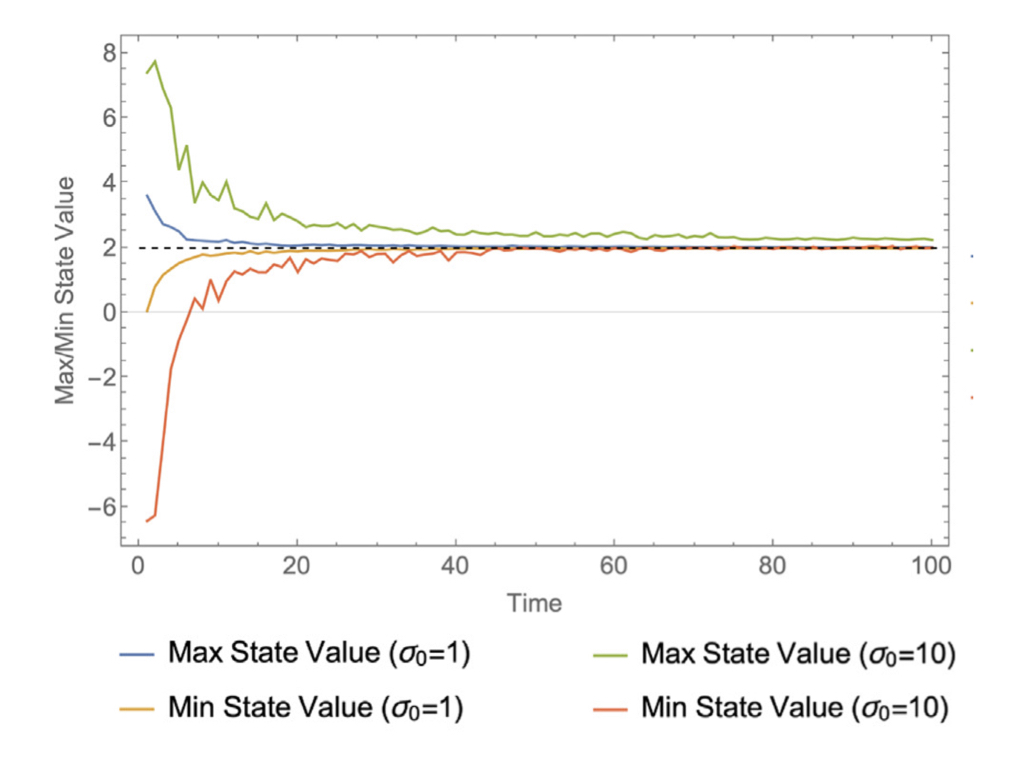
|
Consensus in complex networks with noisy agents and peer pressure
Christopher Griffin, Anna Squicciarini, Feiran Jia. Physica A: Statistical Mechanics and its Applications 2022 paper This paper studies how peer-pressure and random noise affect consensus-building in networked systems. |
|
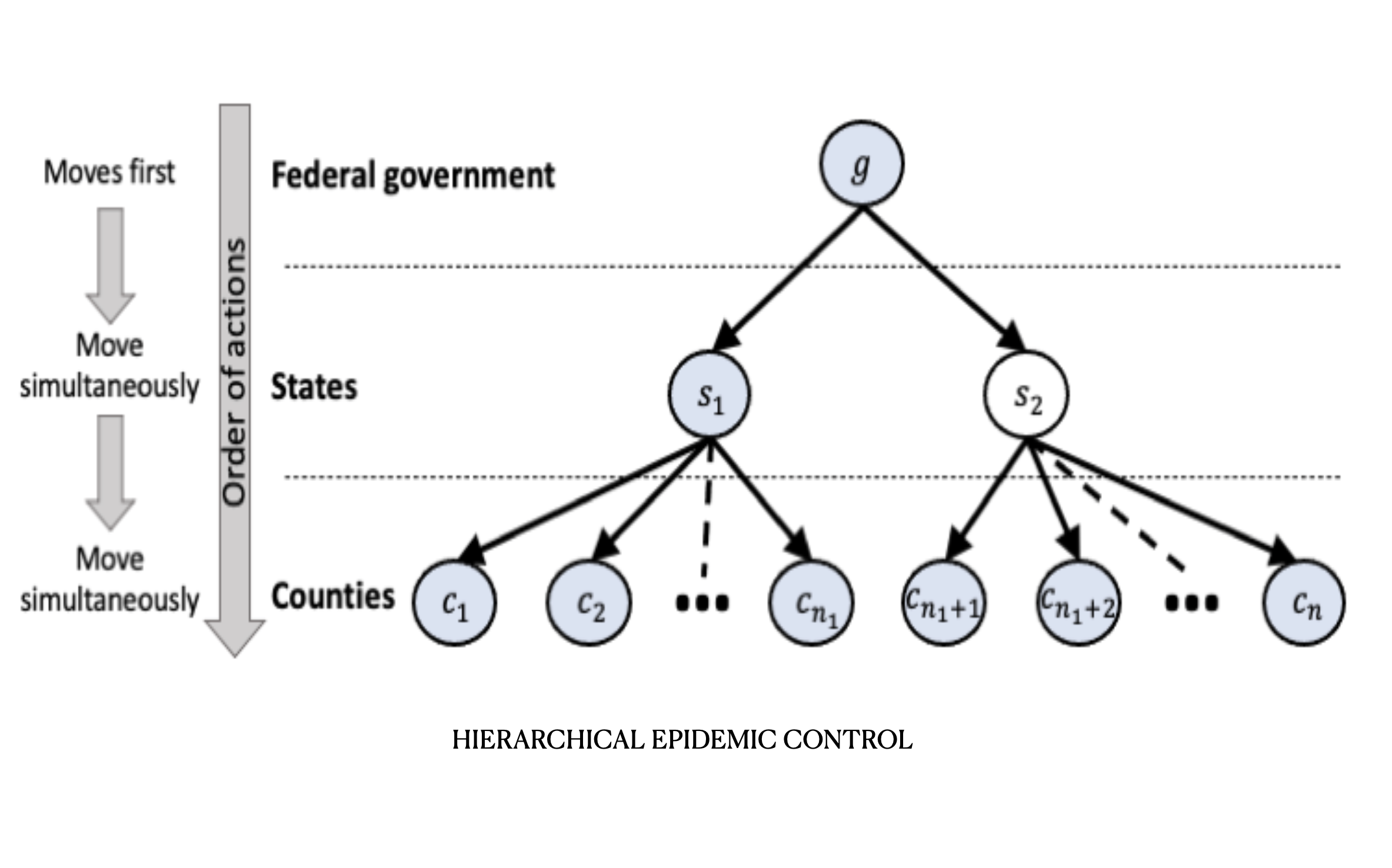
|
A Game-Theoretic Approach for Hierarchical Policy-Making
Feiran Jia, Aditya Mate, Zun Li, Shahin Jabbari, Mithun Chakraborty, Milind Tambe, Michael Wellman, Yevgeniy Vorobeychik. AASG 2021 paper The paper introduces a multi-level game-theoretic model to analyze hierarchical policy-making decisions, specifically in response to crises like COVID-19. |
|

|
Blocking Adversarial Influence in Social Networks
Feiran Jia, Kai Zhou, Charles Kamhoua, Yevgeniy Vorobeychik. GameSec 2020 paper This paper investigates strategies to mitigate the spread of adversarial content on social networks using game theory and optimization techniques. |
|
Academic Service |
||
|
◦ Conference Reviewer: |
ICLR 2025 |
◦ Journal Reviewer: |
|
The website template is from here. |